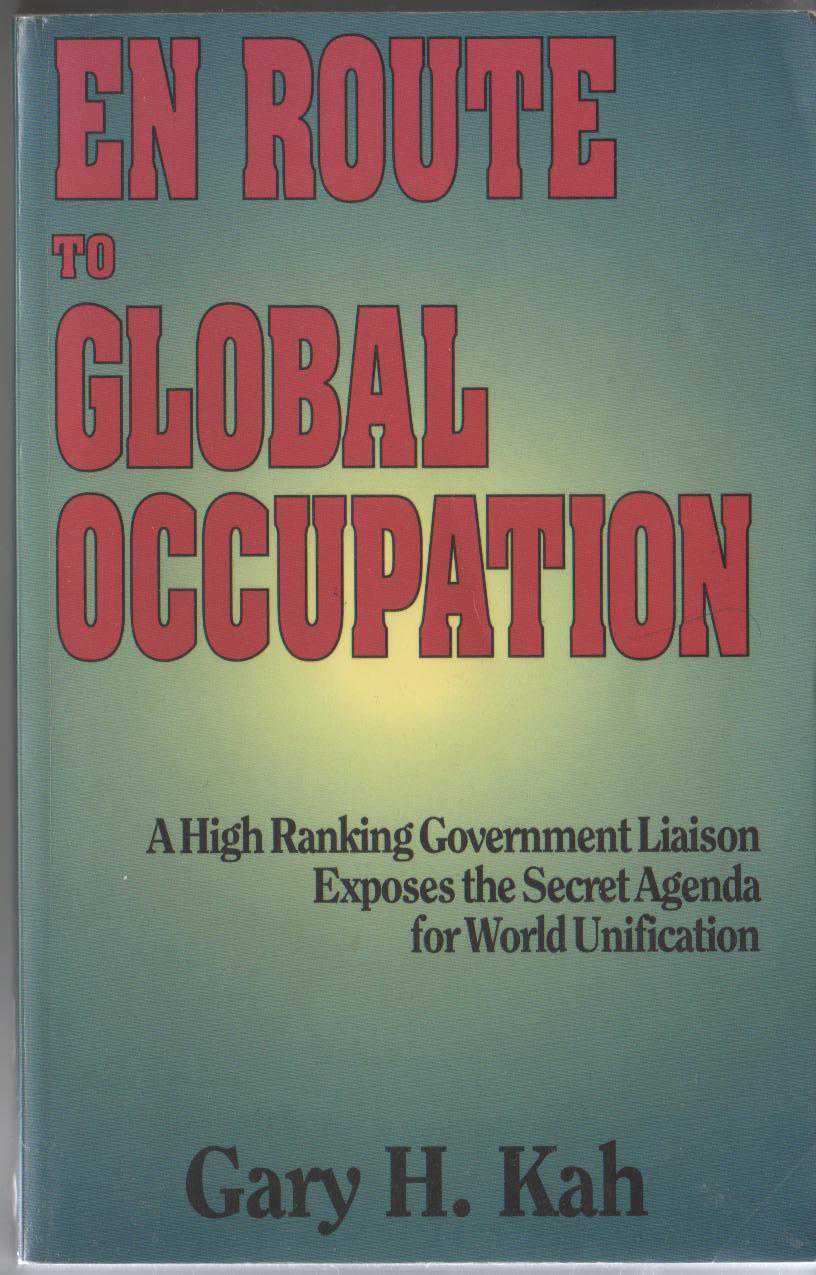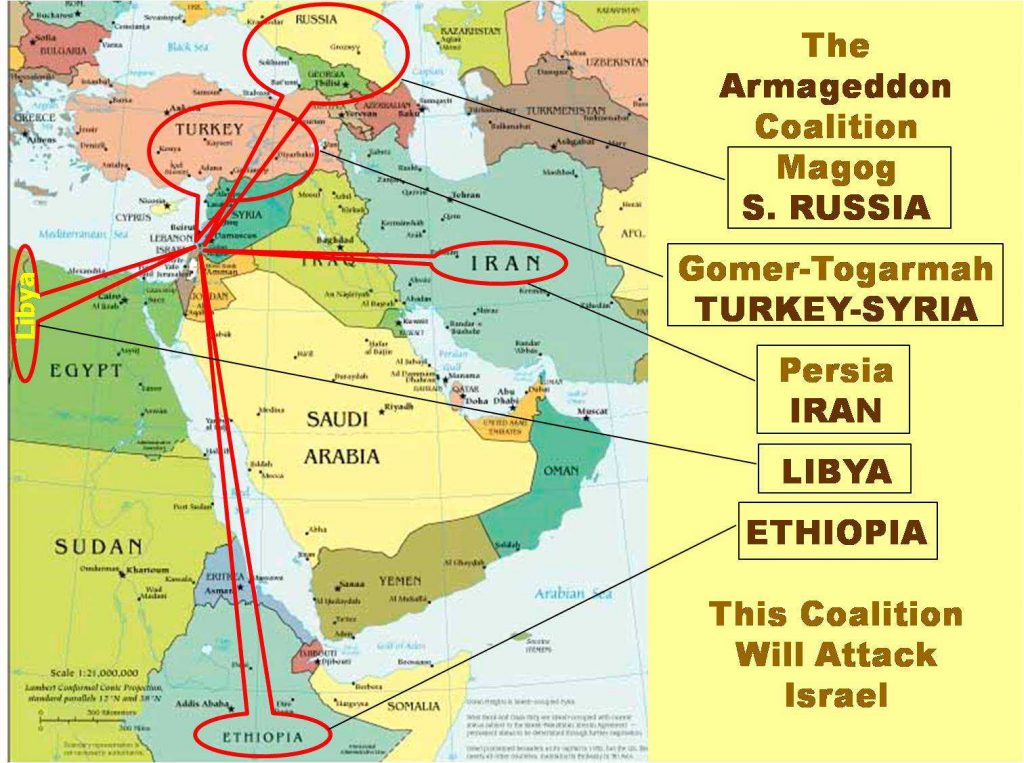Qassim Khidhir
Bombing victims’ families plan for justice

Sherwan Hussein Mustafa had seven family members killed, including his mother and father, last month “in a massive raid by Turkish warplanes” against the hideouts of Kurdistan Workers’ Party (PKK) guerillas inside Iraqi Kurdistan Region territory. Mustafa told The Kurdish Globe he will do anything, “no matter how many years it takes”, to get justice for his family.
Mustafa was living in Britain when he received the news that almost his entire family had been killed by Turkish warplanes. He has since returned to Kurdistan Region, and says his only mission in life is “to bring those who are behind the killing of my family to justice.”
Mustafa’s family was working on the farm in the mountainous area of Qandil. As they heard Turkish warplanes bombing the Qandil Mountains, the family decided to leave the farm to go to their second house in Ranya city, near the Qandil Mountains. On the way to Ranya in their pickup truck, “Turkish warplanes targeted them and turned their bodies into many small pieces.” Their deaths created a furious anger across the Region and led to tens of demonstrations. A mass funeral was held for the family in Ranya.
A committee of lawyers, members of Parliament and civil society activists has formed to take the Iranian and Turkish violations of the Kurdistan Region to international courts. A well-known Kurdish lawyer and member of the committee, Abdulrahman Zebari, said the committee will investigate the killing of civilians by Iranian and Turkish bombardments and collect as much evidence as possible, with the aim of changing the case from “local crime to international crime”.
Zebari has seven years of experience in cases of genocide and crimes against humanity; he defended Kurdish people at the Iraqi Special Tribunal against Iraqi dictator Saddam Hussein. He said after collecting enough evidence, he will take the case to the United Sates, because according to the Status of Forces Agreement between Iraq and the U.S., it says there must be judicial cooperation between the two countries.
Zebari criticized the Iraqi government for not respecting its people or defending them. “Unfortunately, the cheapest thing in Iraq is the life of human being. The Iraqi people have lost faith in justice.” He added, “Now the biggest problem in Iraq is not about democracy; there is democracy in Iraq. The biggest problem is justice.”
Another lawyer, Fawzia Faqe, blamed the Kurdistan Regional Government for not taking concrete actions or using all cards available against the Turkish and Iranian violations. Shockingly, Turkey has not apologized for killing civilians and also denies it, Faqe noted.
“Look what Turkey has done to Israel after Israel refused to apologize to Turkey for killing eight Turkish citizens [for the May 2010 Mavi Marmara flotilla incident],” she said. Kurdistan has a strong trade card in its hand and it should use it to punish Turkey and Iran, she added.
Immediately, after the killing of the seven civilians, the Turkish Foreign Minister Ahmet Davutoğlu, denied that the families had been killed by Turkish warplanes. He said “the family was killed by a landmine.”
Mustafa was extremely angry and shocked at the Turkish foreign minister’s statement. He said the statement made him decide to dedicate his life to getting justice.
In the meantime, Zebari said the committee has a lot of evidence to prove the family was killed by Turkish planes. “We have 10 witnesses who saw when the missile hit the family’s vehicle. We have the remains of the missile that hit the vehicle and the way the vehicle was hit it also explains that it was hit by a missile, not a landmine.”
The committee believes in patience, even if it takes five to 10 years to get justice for the family
via KurdishGlobe- Kurdistan to file lawsuit against Turkey and Iran.


![En Route To Global Occupation [back] En Route To Global Occupation back](https://www.turkishnews.com/en/content/wp-content/uploads/2011/09/En-Route-To-Global-Occupation-back.jpg) (*) It is a pure coincidence that the most powerful figures of the Middle East are Freemasons? Have they been destined to trigger the conflict about which Albert Pike wrote? A prominent Arab Christian leader recently informed me that according to his contacts in Lebanon, King Assad of Syria and King Hussain of Jordan are both Freemasons. If this is true, we could be closer to the New World Order than people realize. (He was uncartain about whetherSaddam Hussain belonged to the same secret society.)
(*) It is a pure coincidence that the most powerful figures of the Middle East are Freemasons? Have they been destined to trigger the conflict about which Albert Pike wrote? A prominent Arab Christian leader recently informed me that according to his contacts in Lebanon, King Assad of Syria and King Hussain of Jordan are both Freemasons. If this is true, we could be closer to the New World Order than people realize. (He was uncartain about whetherSaddam Hussain belonged to the same secret society.)



